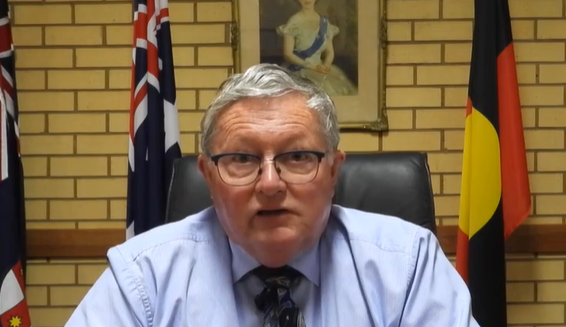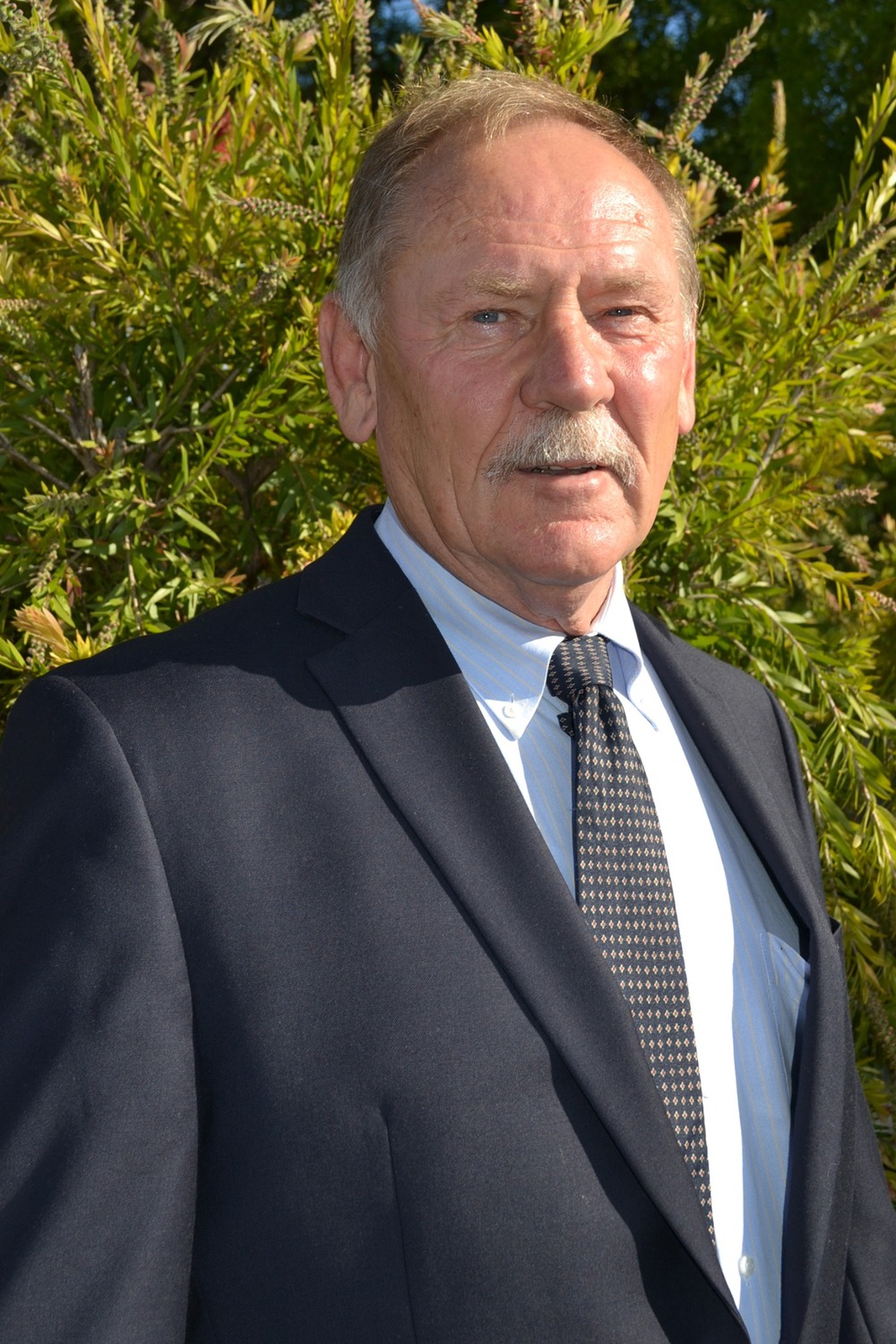ESL increase "catastrophic" for local councils
Kristin Murdock
07 May 2023, 9:40 PM

Local shire councils are up in arms about the State Government's proposed increase to the Emergency Services Levy (ESL) which some say would be "catastrophic" to council's ability to operate as they have in the past.
In fact, councils’ peak body Local Government NSW (LGNSW) said the decision to apply sky-high increases in the ESL could see some shire councils become insolvent.
The ESL is a cost imposed on councils and the insurance industry to fund the emergency services budget in NSW. The majority is paid as part of insurance premiums, with a further 11.7 per cent picked up by councils and 14.6 per cent by the State Government.
The irony is NSW Fire and Rescue, Rural Fire Services and State Emergency Services provide critical volunteer services to communities throughout Regional NSW - at times our lives depend on their service.
However, the recent decision by the new NSW Government will make it much harder, and in some regional, rural and remote local government areas, even impossible for Councils to provide essential services in the communities these volunteers call home.
The concern is that councils will be forced to cut services to make up the potential increase in levy costs. This has caused councils state-wide to come together in protest. An example of the effect of the planned rise was recently given to media by Snowy Monaro Regional Council (SMRC).
SMRC CEO Peter Bascomb says they have been hit with a 79 per cent increase on the Emergency Services Levy since 2019, skyrocketing the amount payable from $866,006 to $1,546,856.
This potentially increased levy will greatly affect the poorest councils, which are in rural/regional areas.
"To put that in perspective, Bourke Shire Council will lose 94 per cent of its approved rate rise to the ESL," Mr Bascomb said.

Lachlan Shire Mayor John Medcalf OAM. IMAGE: facebook
Lachlan Shire Council Mayor John Medcalf OAM agreed the planned ESL increase would have massive consequences.
“The increase in the Emergency Service Levy contribution will have a real impact on Council’s 2023/2024 financial year budget," Mr Medcalf said. "We have struggled with the Covid pandemic, recent flooding and rising operational costs, and it now appears that we will be hit with a massive increase.
"In our Shire alone the emergency services levy has increased from $353,979 in 2019 to $625,351 in 2024, an increase of 77 per cent.
"This is just not sustainable for rural councils. Any decision to cease the ESL subsidy will result in Council’s 2024 financial year budget being worse off by $186,800."

Narromine Shire Mayor Craig Davies. IMAGE: facebook
In Narromine, the Shire Council say they are shocked by a significant and unplanned budget shortfall after being levied with the unexpected charges for the 2023/2024 Emergency Services Levy.
"Council has only been notified of the sizeable increase of this levy after the 2023/2024 budget has been set for the subsequent twelve months, with no consultation or communication to anyone in the local government sector," said Craig Davies, Mayor of Narromine Shire Council.
According to Narromine Council, after taking into consideration the difficult operating environment that many councils and communities have had to exist in, the previous NSW Government supported councils and their communities by subsidising the past increases of the ESL.
"Unfortunately, the newly appointed State Government has failed to consult with us about this shock to Council’s budget," Cr Davies said.
"Narromine Shire Council has an increase of $196,000 to its ESL contribution for the 2023/2024 Year. Again, the State Government has devolved a function to local government without consideration of fair remuneration or consultation."
According to the Country Mayor's Association (CMA) there are many sleepless nights ahead for Mayors, councillors, General Managers and those responsible for making financial recommendations to Councils.
Chairman of the CMA, Cr Chaffey says councils will be forced to choose from limited options such as providing a lower standard of services to their communities; going "cap in hand and request a significant special rate variation from IPART"; or to sell off assets to avoid becoming insolvent.
“The CMA stands firm in our pursuit of equity of service provision for the residents of our communities. We stand united with our members to advocate for residents who choose to call country NSW home," he said.
"We will continue to work with both State and Commonwealth governments to achieve the best quality of life and provision of services for our residents, and we look forward to a prosperous future."




